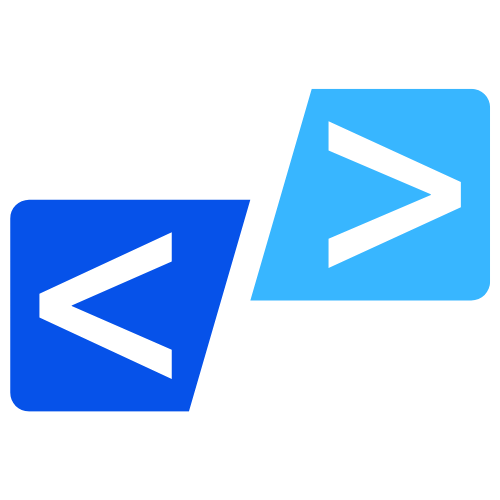
Every scroll, search, and swipe you make generates digital gold – but tech giants have been mining it for free. While you’re busy living your life, artificial intelligence systems are feasting on the data trails you leave behind. The irony? This information could be your most valuable asset in the AI revolution… if you knew how to claim it.
Enter Anna Kazlauskas, co-founder of decentralized data platform Vana, who’s leading a quiet rebellion against Big Tech’s data monopoly. At the upcoming Consensus AI Summit, she’ll reveal how grassroots data ownership could reshape artificial intelligence – and why your Instagram posts might soon be more valuable than you think.
The Hidden Value of Your Digital Footprint
Most users vastly underestimate their data’s worth. That sleep-tracking app? Its 2 AM wake-up logs help train health algorithms. Your abandoned TikTok drafts? They’re teaching machines about human creativity. Even failed login attempts create patterns that improve security AI.
“We’re not just data subjects – we’re data shareholders,” Kazlauskas explains. “The challenge is turning fragmented personal information into collective bargaining power.”
| Centralized Data Economy | Decentralized Alternative |
|---|---|
| Platforms own user data | Users retain ownership |
| Closed corporate silos | Open data marketplaces |
| AI profits flow to shareholders | Value distributed to contributors |
| Single-company data sets | Cross-platform intelligence |
Data DAOs: Power in Numbers
Vana’s secret weapon? Data Decentralized Autonomous Organizations (DAOs) that function like digital co-ops. These member-owned pools allow thousands of users to collectively license their information – turning individual specs of dust into a sandstorm of negotiating power.
Early examples show promise:
– Medical Data DAOs: Patients monetizing anonymized health records for research
– Creator Collectives: Artists pooling style data to train ethical AI tools
– Automotive Pools: Drivers selling vehicle performance data to manufacturers
Building a User-Owned AI Future
Kazlauskas’ collaboration with Flower Labs aims to create COLLECTIVE-1 – the first foundation model trained on community-governed data. This decentralized approach could solve AI’s dirty secret: even advanced models like ChatGPT are limited by their corporate data diets.
“A Tesla-only trained AI understands transportation through Elon’s lens,” she notes. “A model fed by 10 million drivers’ real-world experiences? That’s true machine intelligence.”
The Road Ahead: Challenges & Opportunities
While the vision is compelling, hurdles remain. Data valuation standards don’t exist. Privacy-preserving tech needs refinement. Most importantly – can decentralized systems match Big Tech’s convenience?
Kazlauskas remains bullish: “We’re seeing Gen Z demand data sovereignty like they demanded TikTok bans. When 100 million users realize they’re sitting on AI fuel, everything changes.”
Resources: Taking Control of Your Data
FAQ:
Q: How do I start owning my data?
A: Tools like Vana’s “data wallet” let you aggregate & control information from apps/services
Q: Is decentralized data safer?
A: When properly encrypted, distributed storage reduces hacking risks vs centralized servers
Q: Will user-owned AI perform better?
A: Potentially – diverse data sources could reduce bias and improve real-world applicability
Q: What’s the first step?
A: Audit which apps have your data, then explore opt-in data marketplaces
The AI revolution doesn’t have to be another corporate land grab. As Kazlauskas prepares to take the Consensus stage, her message rings clear: Your data isn’t just about privacy – it’s about power. And power, in the digital age, belongs to those who own the raw materials of intelligence.






